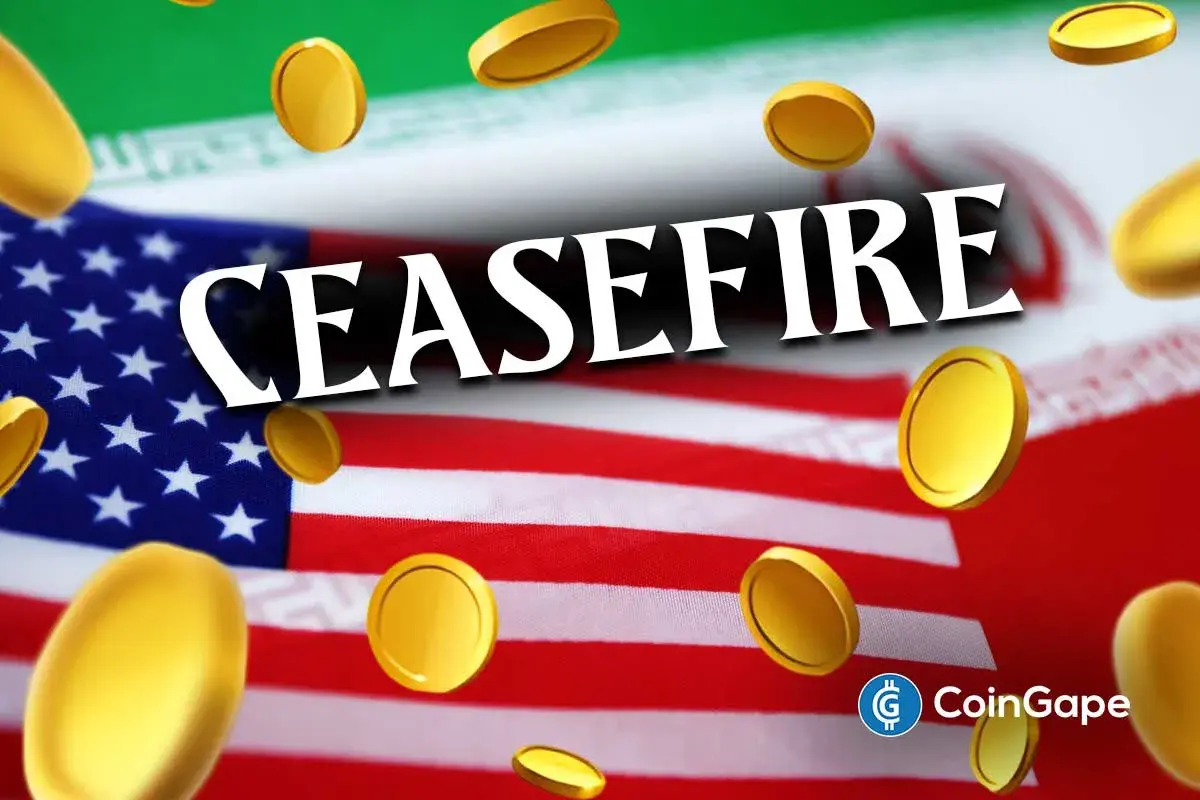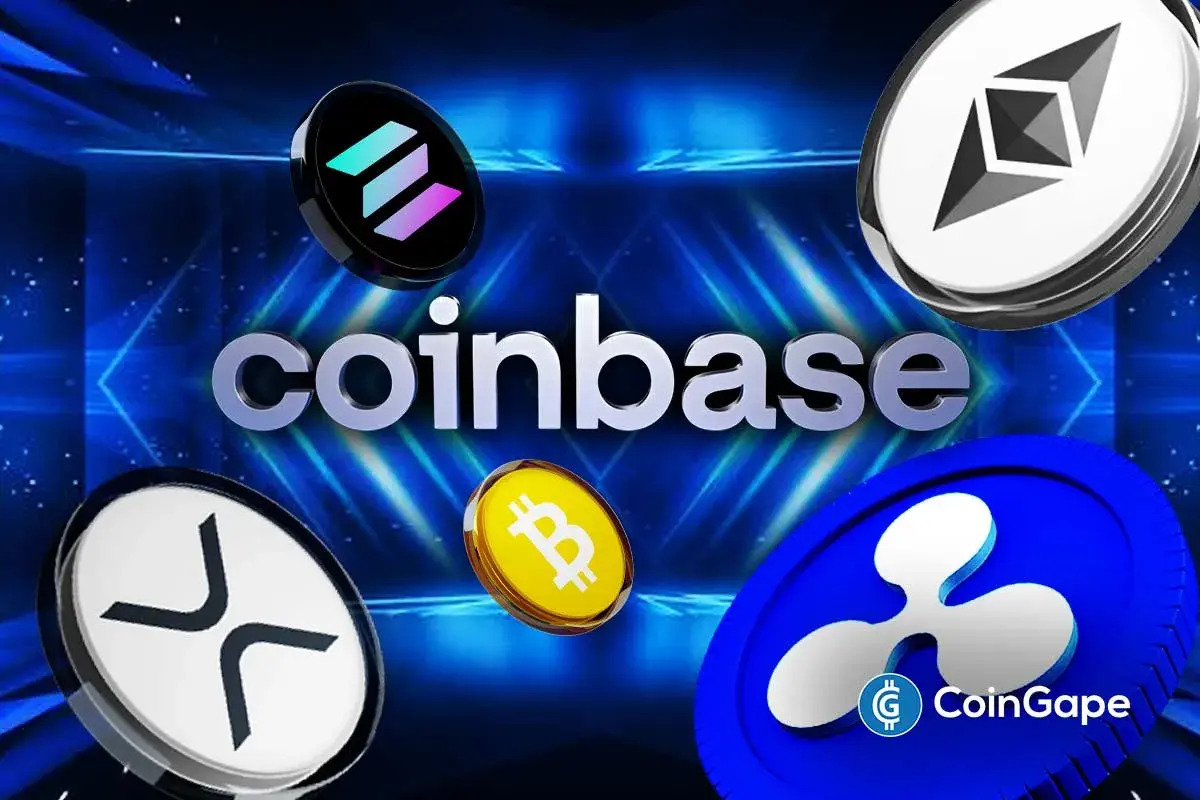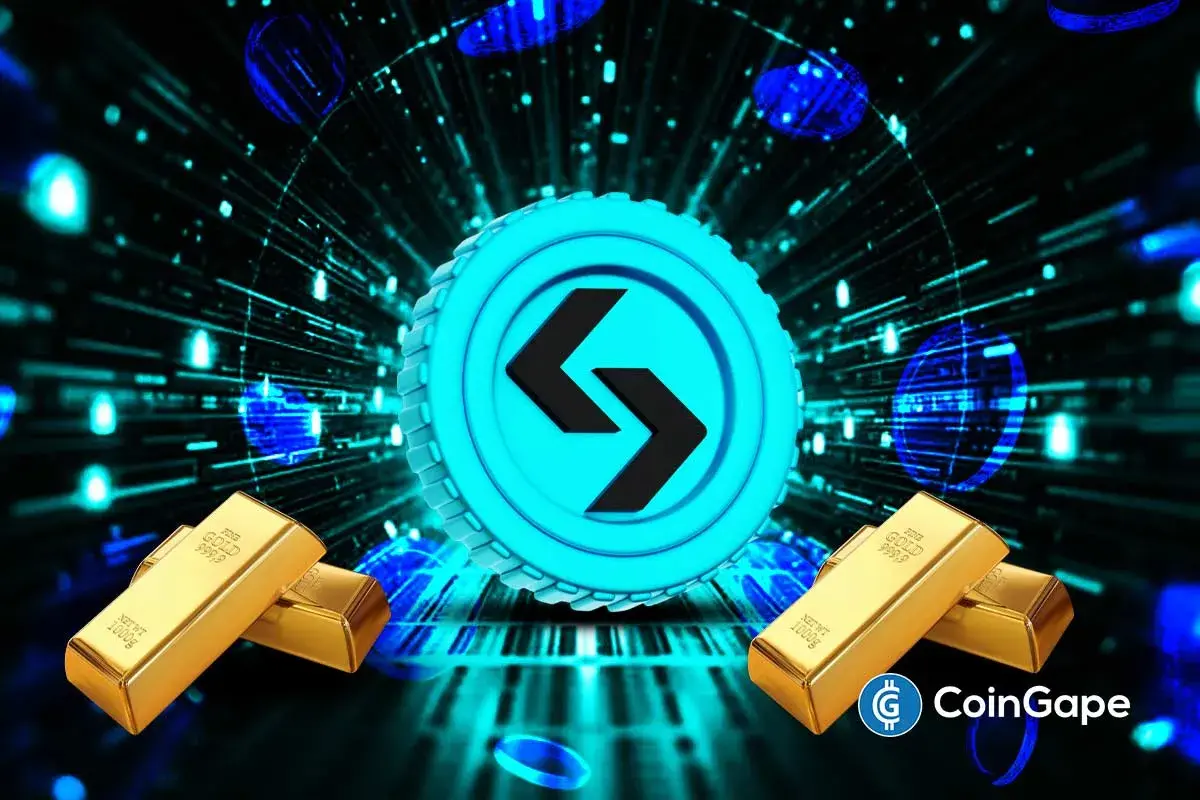Why an Understanding of Blockchain Technology is Necessary for Cryptocurrency Traders
As an investor regularly trading in a variety of cryptocurrencies or digital currencies, you must possess a basic understanding of the underlying technologies that have enabled this digital investment asset. While you are not required to know the intricate details of how Cryptocurrency technologies work, a basic understanding can go a long way in making you comfortable and well-versed with them and help you in making the right investment-related decisions.
Any cryptocurrency trader would have heard of technical terms such as “Decentralisation, “Smart Contracts,” and particularly “Blockchain.” This article focuses on how Blockchain technology works and enables transactions on cryptocurrencies.
What is Blockchain technology?
Developed by Satoshi Nakamoto who is considered the pioneer of cryptocurrencies, the Blockchain technology was originally devised for the creation of the Bitcoin digital currency. By definition, a blockchain is a distributed ledger that maintains a record of all transactions occurring between 2 parties. So, how is this digital ledger different from the regular bank ledger? The blockchain is a decentralised and a distributed database, meaning that all the information stored in it are not stored in any single location and can be easily viewed and verified by many Internet users.
So, virtually every time you buy or sell a Bitcoin, the transaction is recorded and can be seen on a chain of transactions, with each transaction represent a block. Once the transaction has been verified and added to the blockchain database, it is “permanent” or “sealed” and cannot be modified or deleted by any entity.
How has Blockchain enabled cryptocurrency trading?
Along with eliminating the middleman in any 2-way digital transaction, Blockchain-enabled transactions are recorded and completed in a matter of few seconds or minutes, thus enabling a safe and speedy exchange of cryptocurrencies.
In addition to being a shared ledger, the Blockchain database also works as a shared document like Google Docs, meaning the same copy of the Blockchain transaction is visible and can be edited by multiple Internet users at the same time. This is different to the way traditional databases work in banks where the same transaction record cannot be modified by multiple users simultaneously. By storing identical blocks of transactional information across its network, blockchain does not have a single point of control either can it have a single point of transactional failure during cryptocurrency trading.
As stated by technology futurist, Ian Khan, Blockchain guarantees every transaction and ensures that there are no missed transaction, no human or machine errors, or even an exchange of cryptocurrencies without the consent of the involved parties.
This is the reason why the Bitcoin blockchain has not experienced any severe disruption since its implementation in the year 2008. Thanks to its inherent robustness, the blockchain technology is now being adopted by other industry domains including microgrids, anti-money laundering, stock trading, and even crowdfunding.
Conclusion
This article presents a brief outline on how cryptocurrency trading is enabled by its underlying Blockchain technology, along with the increasing industry acceptance for this fast-evolving technology.
Play 10,000+ Casino Games at BC Game with Ease
- Instant Deposits And Withdrawals
- Crypto Casino And Sports Betting
- Exclusive Bonuses And Rewards

- Crypto Traders Bet Against U.S.-Iran Ceasefire This Month as Iran Denies Peace Talks
- Ripple Prime Adds Support For Bitcoin, Ethereum, XRP, Solana Derivatives on Coinbase
- Bitcoin Price Still Risks Decline If Iran War Mirrors Ukraine War Market Reaction, JPMorgan Warns
- Bitget Unveils Upgrade For Stock, Gold Trading Alongside Crypto As Part Of Universal Exchange Push
- ChangeNOW Is Settling Crypto Swaps in Under a Minute.
- Bitcoin Price Prediction if Donald Trump Signs the CLARITY Act on April 3, 2026
- Pi Network Price As BTC Rallies Above $74K: Can PI Coin Extend Gains to $0.30?
- XRP Price As Bitcoin Reclaims $74K- Is $5 Next?
- Dogecoin Price Outlook as BTC Recovers Above $73,000
- XRP Price Prediction as Iran-U.S. Peace Talks Trigger a Crypto Rally
- COIN Stock Analysis as Bitcoin Retests $72k Ahead of February NFP Data


 Buy $GGs
Buy $GGs

















